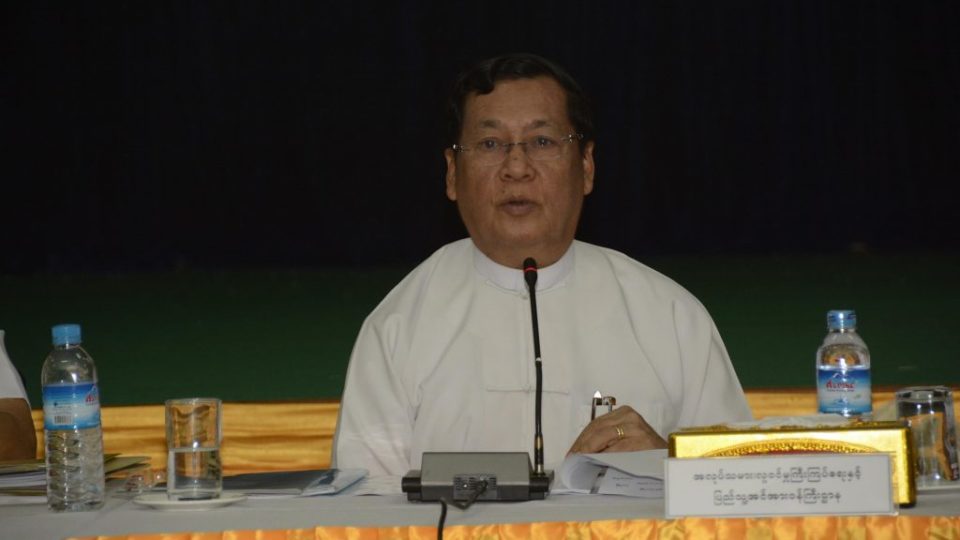The junta-era 1982 Citizenship Law will not be amended, even though it may be flawed when measured against international norms, said Thein Swe, Myanmar’s minister for labor, immigration, and population at a press conference on August 24.
The law, enacted by the junta led by General Ne Win, grouped Myanmar’s citizens into 135 “national ethnic races,” excluding the Rohingyas. The categories have since been reinterpreted to grant citizenship to certain groups when it is politically advantageous to the government, but they are more often invoked as a justification for denying citizenship to the Rohingya community.
The minister’s statement came in response to the final report of the Advisory Commission on Rakhine State, headed by former UN secretary-general Kofi Annan, which called for a review of the controversial 1982 Citizenship Law as part of a long-term effort to quell tensions and boost development in Rakhine State.
The report was released hours before an attack by the Arakan Rohingya Salvation Army (ARSA) on dozens of police and military outposts prompted a massive response from the Myanmar army, thrusting northern Rakhine State into deadly violence.
“There is reason to amend the 1982 Citizenship Law,” Thein Swe said at the press conference, as quoted by Eleven. “This law was thoroughly scrutinized by various groups for more than six years. According to international standards, there may be flaws in the law, but we have no plan to amend it.”
Several politicians echoed the minister’s sentiments.
Lower House MP Khin Saw Wai, a member of the Arakan National Party who recently called on state media to refer to Rohingyas as “Bengalis,” said: “We don’t want the law amended. We won’t accept the revocation of the law. This law quite suits Rakhine State. We don’t think [the Advisory Commission] should interfere in Myanmar’s laws. Although Kofi Annan gave a positive suggestion for the law, we don’t accept it, and we will object to it.”
Lower House MP Khun Maung Thin said: “This law was originally drafted to prevent aliens from two populous countries from settling in our country. Giving out citizenship with ease could create dangers to the country.”
On August 26, a day after the conflict between ARSA and the Myanmar army began, Arakan National Party leader Dr. Aye Maung said: “A country has the right to enact citizenship law that matches its culture and history. For instance, there are many North and South Koreans in Japan. However, do they have the right to vote? Every country has the right to make an independent decision about citizenship. The powerful nations should respect the sovereignty of a country.”
He added: “If the law is submitted to the parliament to be amended today, people will be on the streets protesting the same day… The day we amend the 1982 Citizenship Law will be the day we become the guiltiest people in history.”




